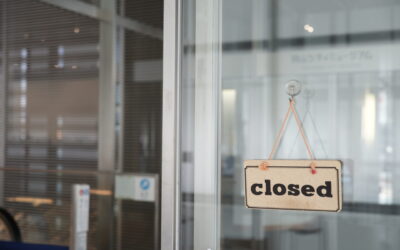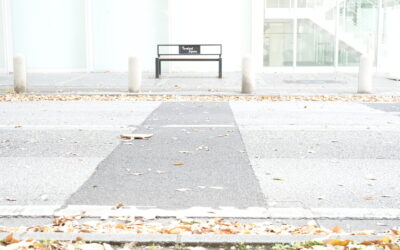We’re diving deep into the realm of consumption tax in Japan, specifically focusing on renting buildings. The rules can be intricate, but don’t worry; we’re here to simplify things for you.
Residential vs. Office Use: What’s the Difference?
When you decide to rent a building in Japan, the purpose of the rental plays a significant role in determining the consumption tax. If you’re renting a space, you’re in luck! Consumption tax doesn’t apply to residential rentals. However, if you’re an entrepreneur looking for an office space, be prepared to factor in the consumption tax, as building owners will add it to your rent.
Agency Fees: The Unavoidable Consumption Tax
Regardless of your rental purpose, there’s one thing you can’t escape: the consumption tax on agency fees. Whether renting a cozy apartment or a sleek office, agency fees always attract consumption tax. This is because these fees are seen as payment for a service.
Deposits: A Tax-Free Zone
If you’re familiar with the Japanese rental system, you’ve probably heard of Hoshokin or Shikikin, the security deposits. The good news? These deposits are just a safety net for the landlord; no consumption tax is levied on them.
Critical Money: A Unique Japanese Custom**
Reikin, or key moneMoney a unique aspect of the Japanese rental market. It’s a one-time payment made to the landlord as a token of appreciation. But how does consumption tax play into this? The consumption tax will be applied if you pay Reikin for a residential property. However, you can breathe easily in office spaces as it’s tax-free.
Wrapping Up
And there you have it! A concise breakdown of consumption tax relates to renting buildings in Japan. Taxes, with their myriad rules and exceptions, can be a maze. But with the proper knowledge and guidance, you can easily navigate it. If you found this article enlightening, don’t forget to hit the like button and follow us for more tax insights. Until our next post, stay informed and tax-savvy!




